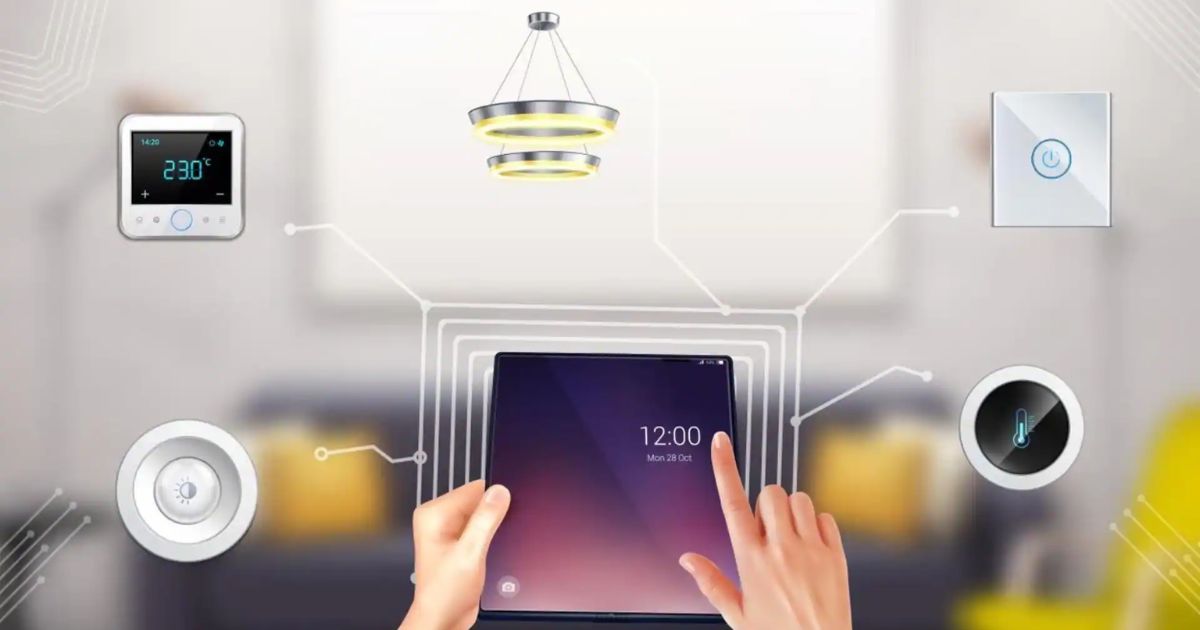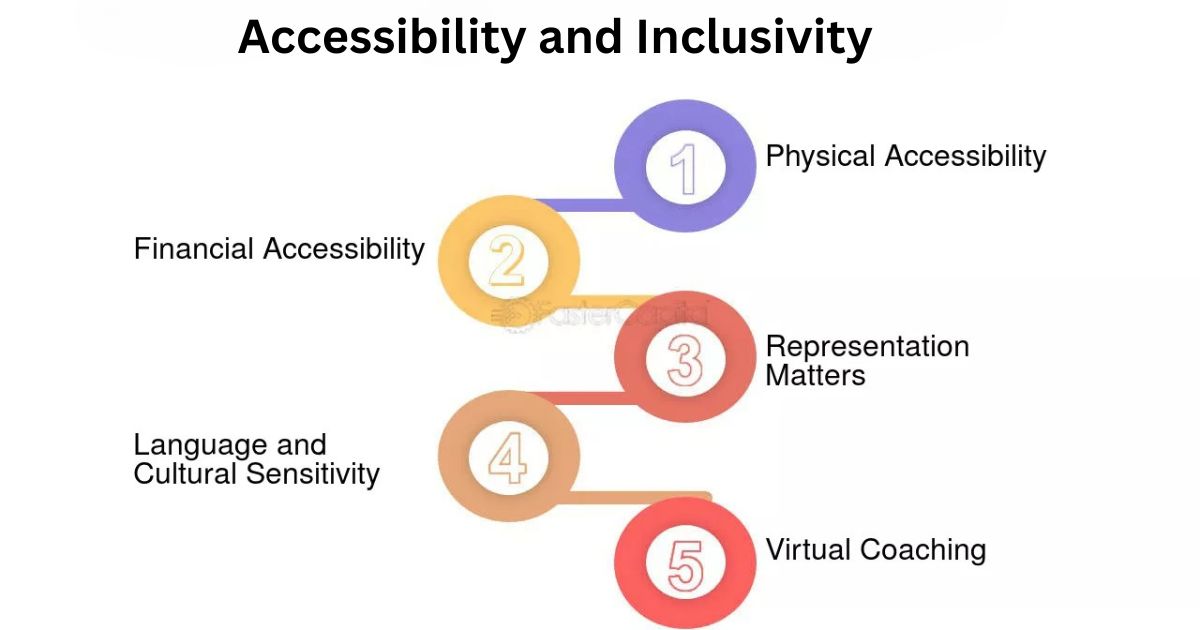Introduction
Audiobooks are having a huge moment. Sales keep climbing year after year, and many of us now swap silent commutes for spoken stories. In February 2025 Spotify jumped even deeper into this world by opening the door to AI‑narrated audiobooks. Through a new partnership with voice‑tech company ElevenLabs, authors can upload titles that are read aloud by realistic synthetic voices in 29 languages—and listeners can press play right inside the familiar green app.
This move could make audiobooks cheaper to create, easier to find, and more personal to listen to. But it also raises fresh questions about quality, jobs for human narrators, and what “authentic” storytelling really means. Below is a deep, easy‑to‑read look at how Spotify’s AI audiobooks work, why they matter, and what may come next.
What Are AI‑Narrated Audiobooks?
At their core, AI audiobooks swap a studio microphone and human voice actor for advanced text‑to‑speech software. Tools like ElevenLabs slice a book’s text into tiny pieces, analyze punctuation and context, then rebuild it as smooth, human‑sounding speech. The result can be produced in hours instead of days, saving authors large recording bills and letting publishers release more titles at once.
How Spotify Entered the Space
Spotify first allowed limited synthetic narration in late 2024 through Google Play Books. In February 2025 it widened access by naming ElevenLabs an official partner.After a quick review, the book hits the Spotify catalog with a clear label: This audiobook is narrated by a digital voice.
Key launch facts:
-
29 languages supported out of the gate.
-
Free tier offers 10 minutes of speech a month; paid tiers go up to 500 minutes (about a 10‑hour novel).
-
AI narration sits alongside—rather than replaces—human reads; Spotify says it “firmly believes in the power of human narration.
The Listener Experience
a) Personalised picks
Spotify already studies what you play, skip, and save for later. Now that same engine can suggest audiobooks that fit your mood, length of commute, or favorite genres. Over time, the Spotify algorithm blends music, podcasts, and books into one discovery feed.
b) Voice choice
ElevenLabs lets publishers pick from dozens of voices—warm, deep, bright, or calm—plus regional accents. In future Spotify could even let listeners choose which synthetic voice they prefer for a given book, or adjust speed and tone with a slider instead of the usual 0.5× to 3× playback range.
c) Seamless devices
 Bookmarks sync, so you can listen on your phone in the morning, then pick up on a smart speaker in the kitchen at dinner. Offline download still works, and “Hey Spotify, resume my book” voice commands make hands‑free listening simple.
Bookmarks sync, so you can listen on your phone in the morning, then pick up on a smart speaker in the kitchen at dinner. Offline download still works, and “Hey Spotify, resume my book” voice commands make hands‑free listening simple.
Benefits for Authors and Publishers
-
Lower cost: Studio narration can run $3,000–$8,000 for a full‑length novel. AI converts text for a tiny fraction of that.
-
Faster turnaround: An indie writer can release e‑book and audio the same week.
-
Global reach: One text file can be voiced in Spanish, French, Hindi, or Japanese—no need to hire four separate narrators.
-
Data insights: Spotify’s dashboard shows minutes played, completion rates, and skip points so writers can see what hooks listeners.
These perks could spark a flood of back‑catalog titles that never made it to audio before, plus more debut authors willing to test the waters.
Accessibility and Inclusivity Gains
 AI voices help people who are blind, dyslexic, or have limited mobility enjoy books without waiting for a volunteer narrator. Because the tech scales quickly, niche nonfiction, academic papers, or local‑language children’s stories—often ignored by big studios—can become audible. Real‑time text‑to‑speech could even let teachers turn worksheets into audio on the fly. Spotify’s clear labeling also protects listeners who rely on human narration cues, such as emotional tone or pronunciation nuances.
AI voices help people who are blind, dyslexic, or have limited mobility enjoy books without waiting for a volunteer narrator. Because the tech scales quickly, niche nonfiction, academic papers, or local‑language children’s stories—often ignored by big studios—can become audible. Real‑time text‑to‑speech could even let teachers turn worksheets into audio on the fly. Spotify’s clear labeling also protects listeners who rely on human narration cues, such as emotional tone or pronunciation nuances.
Ongoing Challenges
Emotional depth
Many listeners say AI voices still feel a little too perfect. They miss the subtle gasp before a plot twist or the shaky breath in a sad scene. Voice‑actors argue those micro‑emotions keep listeners glued to the story.
Job security
The Screen Actors Guild and audiobook unions warn that thousands of narrators could lose income as synthetic libraries grow. Spotify counters that AI will mainly cover “backlist” titles and tiny indie releases—not blockbuster bestsellers that can afford famous actors.
Ethical grey areas
Who owns a narrator’s cloned voice?
How Spotify Tries to Balance Both Worlds
-
Dual catalog: Human‑read and AI‑read versions can coexist. Listeners pick what feels right.
-
Transparent tags: A bold note in each AI audiobook’s description plus extra metadata for external apps.
-
Quality review: Every synthetic file passes a technical and content check before going live.
Industry Ripple Effect
Spotify’s leap nudged rivals:
-
Audible now offers over 100 AI voices and is piloting “voice replica” so narrators can license their own clone for extra income.
Apple Books continues expanding its digital‑voice catalog that started in 2023.
Smaller platforms like Kobo, Scribd, and Storytel have begun similar trials to stay competitive.
With more sellers using the same voice labs, experts predict price pressure on subscription models and greater focus on exclusive content and community features.
Early Listener Feedback
Tech press reviews call ElevenLabs voices “shockingly natural,” yet some testers admit they still prefer a real actor for emotionally charged novels. One TechRadar writer said the upgrade is great for non‑fiction but worries it could “blur the line” between music, podcasts, and books if the app becomes crowded.
Future Possibilities
| Near‑Term (next 12 months) | Mid‑Term (1‑3 years) | Long‑Term (3‑5 years) |
|---|---|---|
| In‑app voice selector Choose from 3–5 narrator styles per book. |
Interactive branching stories Choose plot paths by voice command. |
Real‑time translation |
| Dynamic pacing AI speeds up during action scenes, slows for dialogue. |
Listener avatars Your own voice could read blog articles or emails. |
Ambient AR audio Book sound effects mapped to your room through smart glasses. |
Tips for Trying Spotify AI Audiobooks (For Listeners)
-
Open Spotify and tap Audiobooks ➜ Filters ➜ Narration → Digital voice to browse AI titles.
-
Use the 15‑minute free daily listening (in many markets) to sample before buying.
-
Adjust Playback Speed and test earbuds vs. speakers; AI voices sometimes shine with different EQ profiles.
-
Rate and review—the algorithm learns fast, so honest feedback helps surface better matches.
Tips for Publishing Your Own AI Audiobook (For Authors)
-
Prep your manuscript: clean punctuation, chapter breaks, and italic cues for smoother synthesis.
-
Sign up at ElevenLabs.io and test a short sample. Free plans give 10 minutes to experiment.
-
When satisfied, render the full book, download the package, and upload to Findaway Voices by Spotify.
-
Fill in the blurb—Spotify adds a mandatory first line noting digital narration.
-
After approval, promote with a direct Spotify link; listeners can save it alongside music playlists.
Final Thoughts
Spotify’s AI audiobooks mark a clear shift in the way stories reach our ears. By lowering costs, shortening production cycles, and opening doors to dozens of languages, synthetic narration could bring countless hidden gems to life. Yet the magic of a human storyteller—the sighs, laughs, and dramatic pauses—still holds special power.
For most of us, the future will be hybrid: an AI voice for a quick business book on a busy Tuesday, and a favorite human narrator for that sweeping fantasy saga on a lazy Sunday. However you choose to listen, one thing is certain: the audiobook shelf is about to get a lot bigger, and much more interesting.
FAQs
Q1: What are Spotify AI audiobooks?
A: Spotify AI audiobooks are audiobooks narrated using artificial intelligence instead of human voice actors. They are created through advanced text-to-speech technology, offering lifelike and smooth narration in various languages.
Q2: How can I find AI-narrated audiobooks on Spotify?
A: Open the Spotify app, go to the “Audiobooks” section, and use the filter option to select “Narration: Digital voice”. You’ll see a list of books that are narrated using AI voices.
Q3: Are Spotify AI audiobooks free to listen to?
A: Spotify offers 15 minutes of free audiobook listening daily for most users. After that, you may need to purchase the audiobook or have a Premium subscription that includes audiobook access in your region.
Q4: What is the difference between AI narration and human narration?
A: AI narration is faster and more affordable to produce. It sounds very realistic, but some users may notice that it lacks the emotional depth, tone variation, or subtle expressions that a human narrator provides.
Q5: Can I choose the voice for my AI audiobook on Spotify?
A: Currently, voice selection is handled by the publisher using platforms like ElevenLabs. However, Spotify is expected to offer listener voice customization in future updates.
